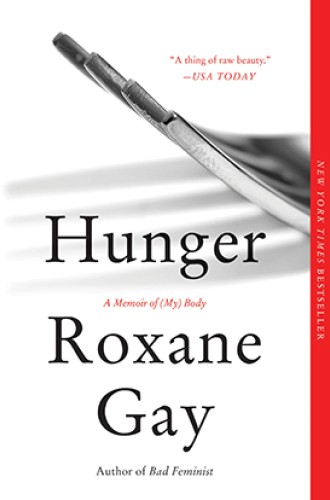Why Roxane Gay resists the conversion narrative
Sexual violence doesn't always allow its survivors to claim redemption.
When Roxane Gay was 12 years old, a boy who she thought she loved orchestrated her gang rape in an abandoned cabin in the woods. For decades she was silent about this event. But the rape inscribed itself onto her body through fat. Gay’s memoir begins at a weight-loss clinic where she steps onto the scale at 577 pounds.
Gay is aware that in order to write a memoir of her body, she ought to have a “before and after” story that leads the protagonist—in this case her body—on a trajectory of transformation through some form of conversion. The conversion narrative is familiar in both Christian and commercial cultures. But “the story of my body,” she writes, “is not a story of triumph. This is not a weight-loss memoir. There will be no picture of a thin version of me, my slender body emblazoned across this book’s cover. . . . I don’t have any powerful insight into what it takes to overcome an unruly body and unruly appetites.”
Without the expectations of a conversion narrative as a guide, readers can’t cheer Gay on as she seeks the motivation to transform herself. We can’t feel the familiar pleasure of horror combined with hope that conversion stories offer us.





